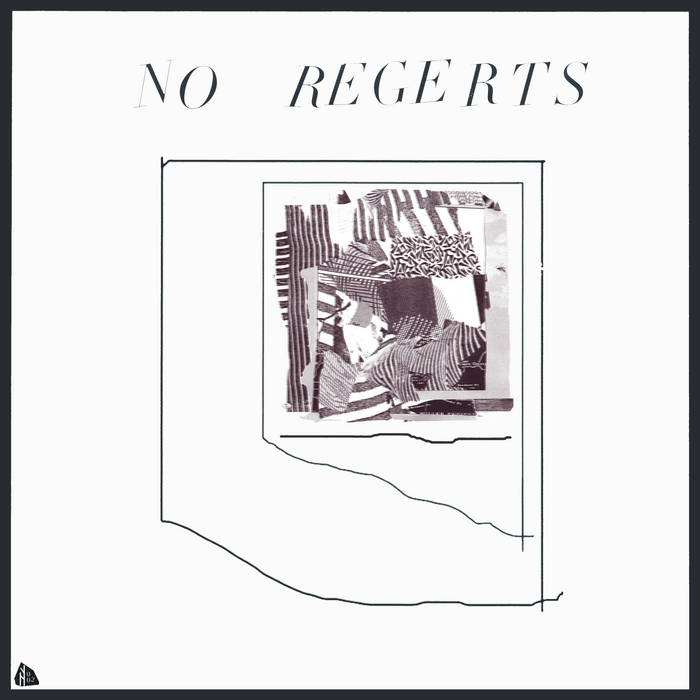
When you grow up by the sea, one of the first things you learn is how small you are, and how quickly you could disappear. But in Seattle, it’s not just the sea that reminds you of your own insignificance. Seattle is wedged between the Pacific Ocean’s expanses to the West and the Cascade Mountains to the East. Fault lines score the crust below the Puget Sound, and seismologists predict a massive earthquake—one so powerful it will render five-story waves that rake through coastal towns—is inevitable. The city lives in the shadow of Mount Rainier, a snow-capped volcano that will eventually erupt, just as its sister Mount St. Helens did in May 1980. In Seattle, our lives are always dwarfed by the bigger picture just beyond the horizon.
I left Seattle seven years ago because the city began to feel too small. Everyone was someone’s friend, and if you didn’t know them you knew who they might be. I spent weekends in crowded houses where everyone knew my name. The floors were muddy with fresh rain and spilled drinks; every house show and garage band was so lo-fi it sounded like shoegaze. A friend might balk as someone entered the room: he’s on later, they might excitedly whisper. But in Seattle no one was cool because no one was anything. It’s a small town dressed up as a city.
I met Julia over my last summer in Seattle. We worked at the same sandwich shop. Her band, Chastity Belt, was going to release a record on my friends’ label, and one of them was working on the album artwork at a coffee shop down the street, which was owned by a former colleague’s former colleague. The album, No Regerts, came out in the short few weeks between when I decided to leave Seattle and when I landed in Berlin.
Seven years later, I still play the record eight thousand miles away from the hometown I share with it. In Berlin the concert halls are palatial and the clubs are even bigger. It’s a metropolitan capital, and it’s on every artist’s tour. Seattle was different: garage rock and grunge thrived in the Pacific Northwest because the cities were too provincial for major-label arenas. Instead, the scenes—Seattle, Olympia, Walla Walla—closed in on themselves, developing their own musical vocabularies.
Since I left Seattle I have returned only once, in 2015, and when I did I saw a city I hardly knew. I grew up in the shadows of mountains and by the edge of the sea, but also on the outer banks of a tech culture that has since transformed the city past recognition. My friends from the sweaty, muddy house shows have left the city for better jobs and cheaper rent in New York or Los Angeles. Now Seattle is a city where no one knows my name.
In the early weeks of the lockdown, I rarely strayed from the mile around my house. The city became a village. But as the rules relax, I walk to parts of the city I haven’t seen for months, for years. When the hot, heavy air sloughs from the trees and off the pavement, I walk too far into the night, far enough that I don’t know the train stations or street names. On these nights I quietly hope I’ll get caught in a rainstorm and have to turn around. I’ve forgotten what it smells like before the rain in Seattle, but as I face Berlin’s endless horizons the downpour feels like home.
— Nathan Ma
Berlin, day 89




